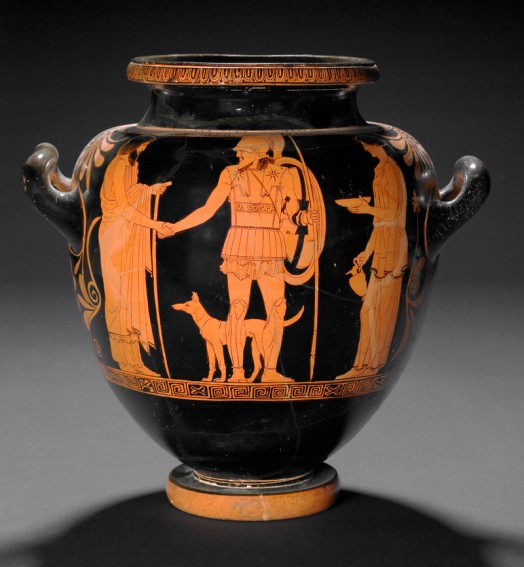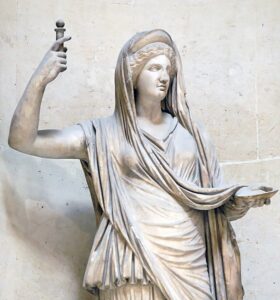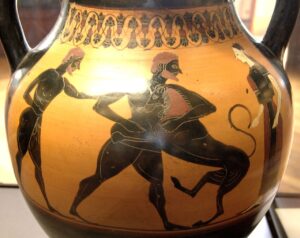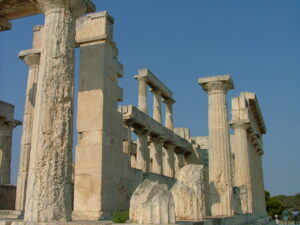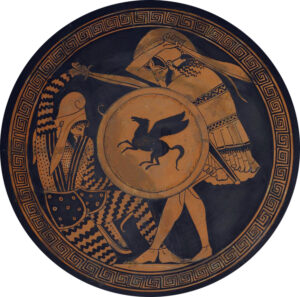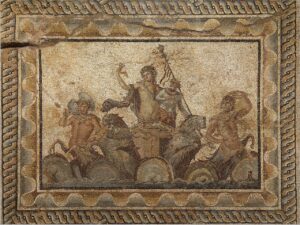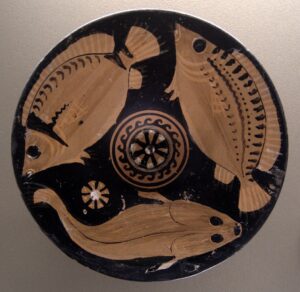Men in ancient Greece were important to the daily life in ancient Greek society. The ancient Greeks valued strength, intelligence, and bravery in their men, and these ideals played a significant role in shaping the lives of the male population. In this article, we will take a closer look at the daily lives, responsibilities, and privileges of men in ancient Greece.
Role of Men in Ancient Greece
The role of men in ancient Greece generally centered on public life and civic responsibilities. For instance, men in ancient Greece were expected to participate in politics, serve in the military, and engage in trade and commerce. They were also expected to financially support their families and to be responsible for the education and upbringing of their children.
They were also responsible for maintaining the reputation of their family, and their behavior and actions reflected on the reputation of their family as a whole. Men were also expected to participate in social and religious events, and they played a significant role in the religious life of the community. As such, the men of ancient Greece generally had more rights and power than the women.
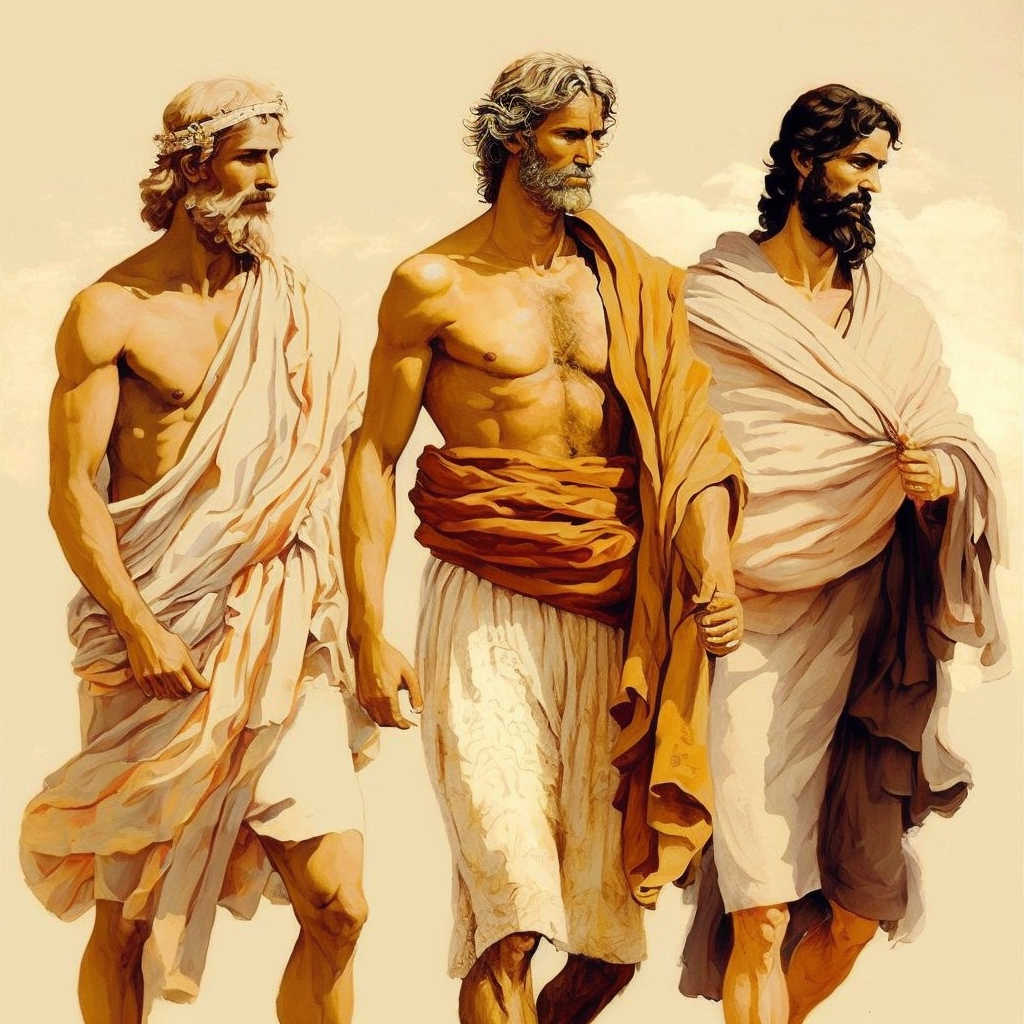
Education and Men in Ancient Greece
Education was considered a crucial part of the lives of ancient Greek men, and it was an essential part of their preparation for adulthood. Young boys were typically sent to school at the age of seven, where they received a rigorous education in reading, writing, and arithmetic. They also received physical training, including wrestling, running, and other athletic activities, which were seen as important preparation for military service. In fact, physical fitness was considered important for the ancient Greek people and they placed a great deal of importance on athletics.
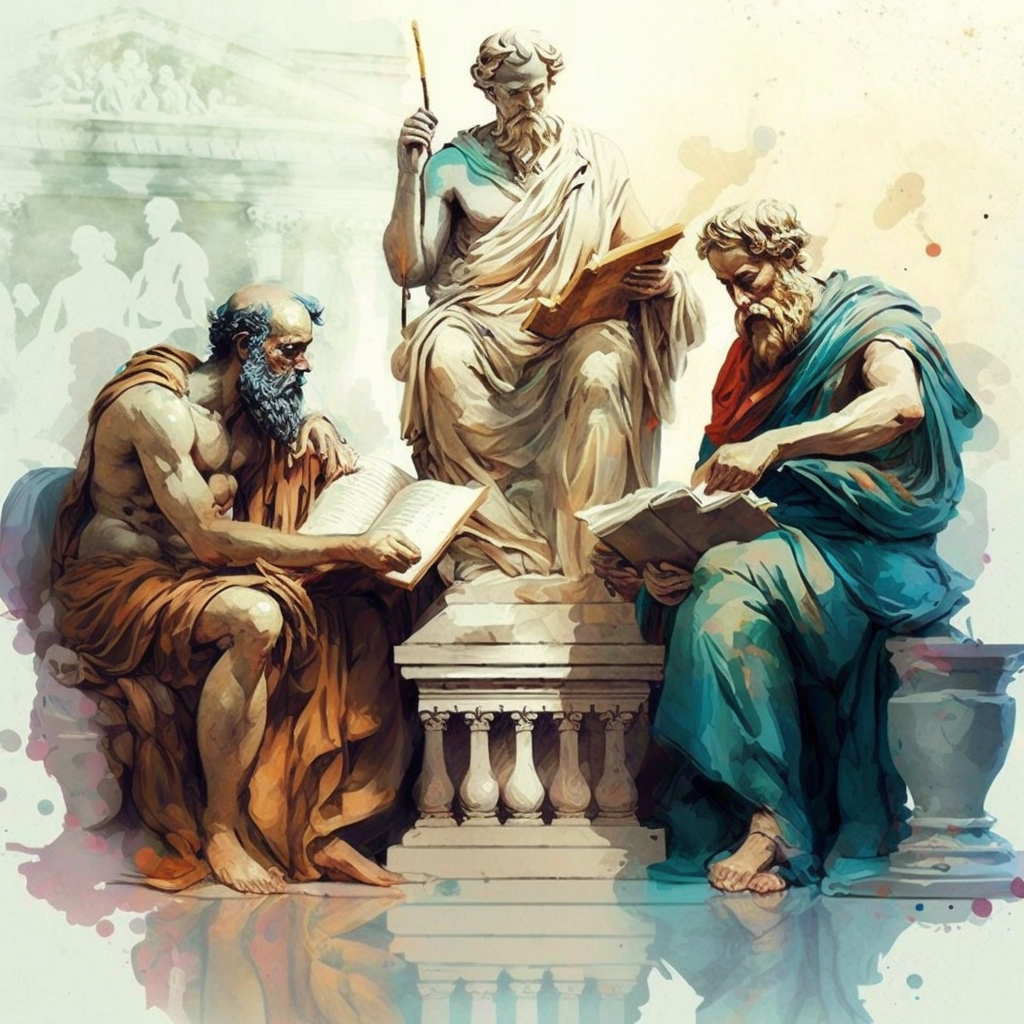
Politics and Men in Ancient Greece
Men in ancient Greece held significant political and economic power, and they dominated the political and business worlds. They were typically the heads of households and held prominent positions in government, commerce, and industry. In many city-states, only men had the right to vote and to participate in the political process.
In Athens, the most developed city-state in ancient Greece, men were citizens and had the right to vote and participate in the assembly. They were also expected to serve in the military and to participate in the political life of the city-state. Athenian men were also responsible for the education of their children, including their formal education and the education in civic responsibilities.
In terms of religion, men played a significant role in ancient Greek religion as priests and participants in religious festivals and ceremonies. Men also had a greater freedom of movement and were able to participate in public life, while women were generally confined to the domestic sphere.
Military and Men in Ancient Greece
As stated above, men in ancient Greece were generally required to serve in the military, and military service was an important part of their lives. The ancient Greeks valued strength, courage, and bravery, and these qualities were considered essential for the defense of the city-state. Men trained for military service from a young age, and they were expected to be prepared to defend their city-state at all times.
The men of ancient Greece served as soldiers in the army. Soldiers in ancient Greece were referred to as hoplites, which was a type of heavy infantry soldier in ancient Greece. They were typically citizens of the city-state (polis) in which they lived, and were expected to provide their own weapons and armor. Hoplites were the backbone of the Greek military and the most common type of soldiers in the Greek army.
Soldiers typically fought in a formation called the phalanx, in which they stood in rows with their shields overlapping and their spears pointed forward. This formation was designed to protect them and make it difficult for the enemy to break through. They were also trained to fight in close formation and rely on their comrades for protection.
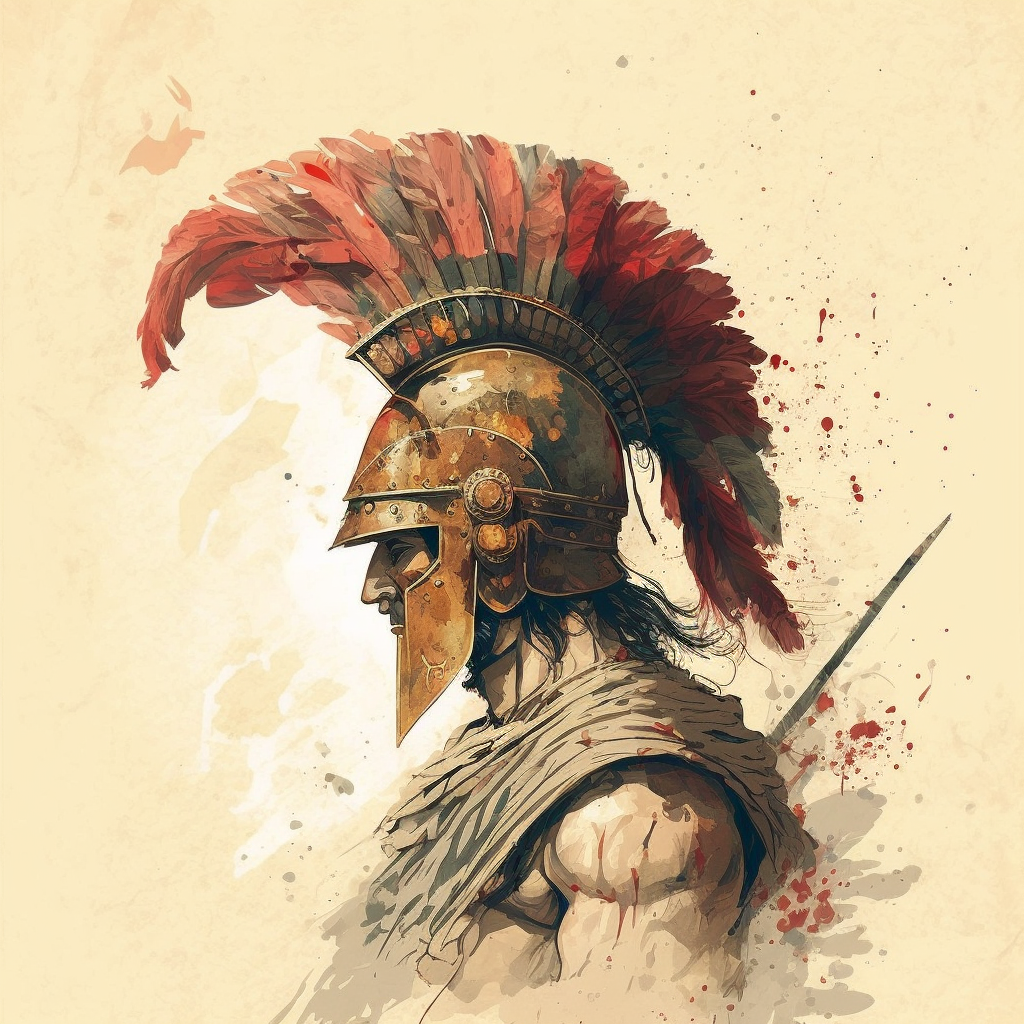
Men in Ancient Greece Summary
In summary, the role of men in ancient Greece was primarily centered on public life and civic responsibilities. Men were expected to participate in politics, serve in the military, and engage in trade and commerce, as well as being responsible for the education and upbringing of their children. They also had more freedom of movement and were able to participate in public life more than women.

